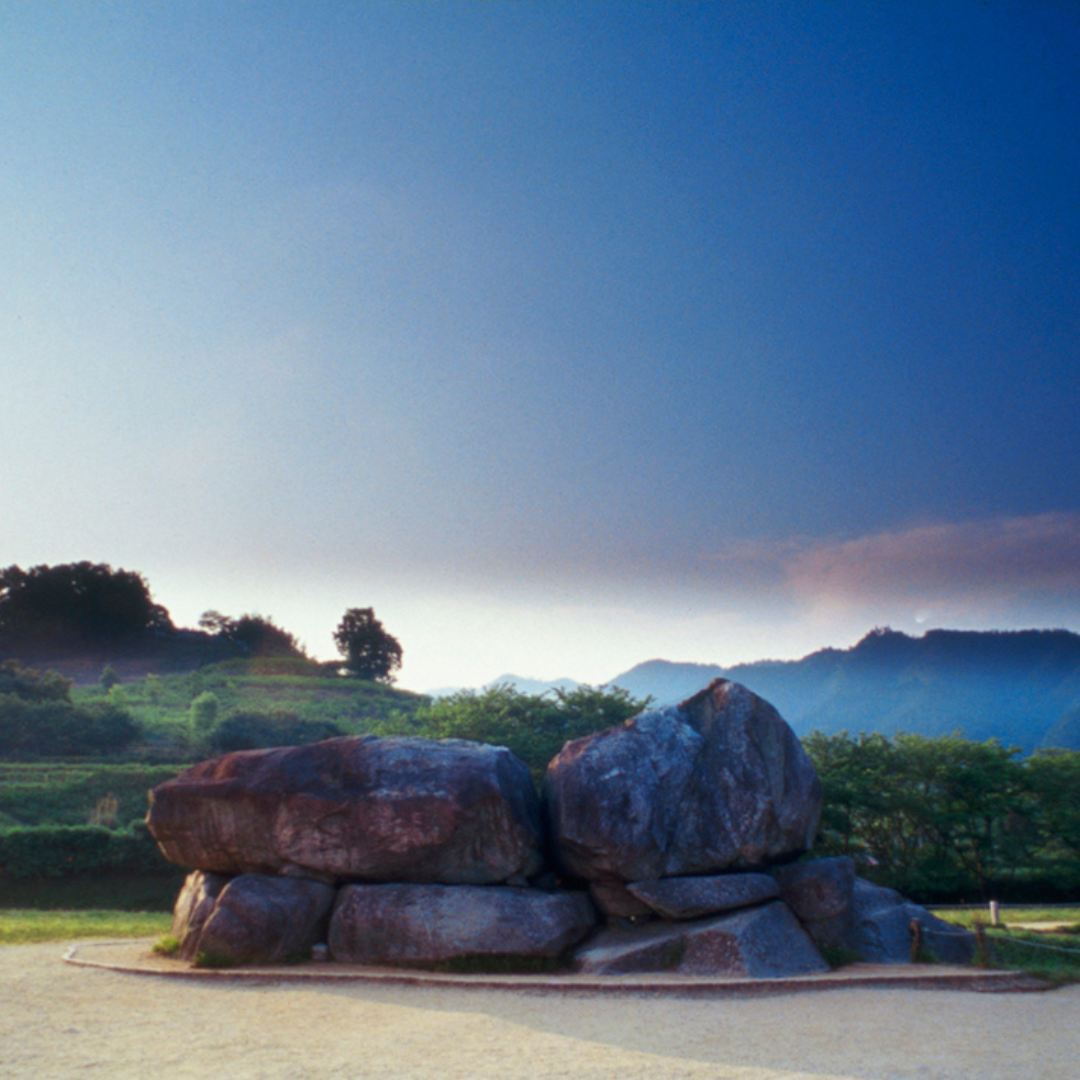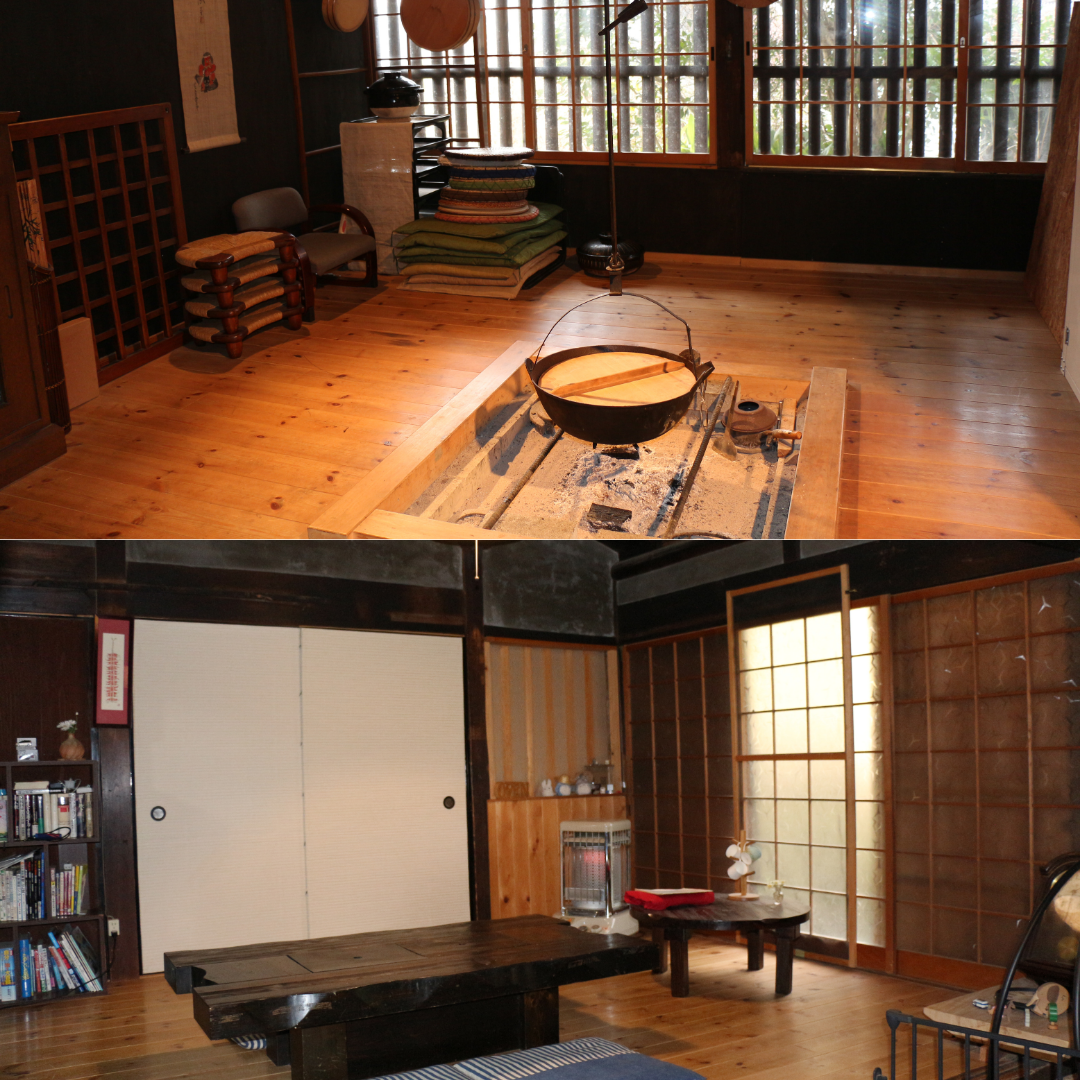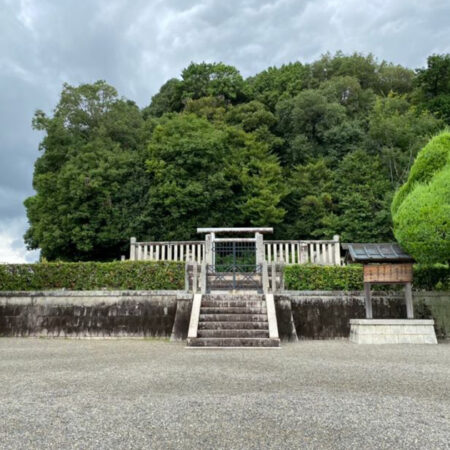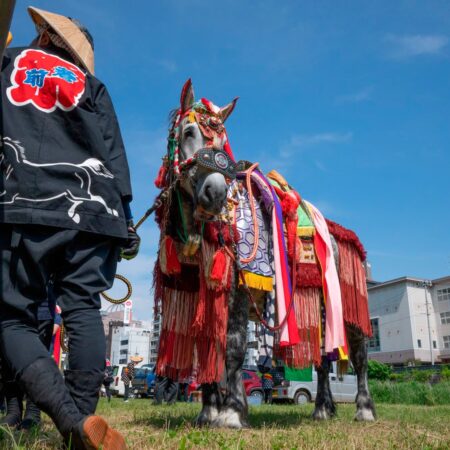Do you know? A glimpse into Japan's authentic history.
This time, I’m introducing Empress Jitō and Fujiwara-kyō.
Asuka Village in Nara Prefecture is rich in the history and culture of the Asuka period. Empress Jitō oversaw the construction of Fujiwara-kyō and the compilation of the Taihō Code, establishing Japan's first central government. Historical sites such as the Ishibutai Kofun are also highlights. Even today, you can enjoy traditional experiences at the farmhouse inn Yururiya, allowing visitors to deeply experience the history and culture.
Table of Contents
- The History of Empress Jitō and Fujiwara-kyō
- Society and Culture of the Asuka Period
- The Establishment of Japan's First Central Government
- The Achievements of Empress Jitō and the Completion of Fujiwara-kyō
- The Secrets of Ishibutai Kofun
- Traditional Experience at the Farmhouse Inn Yururiya
The History of Empress Jitō and Fujiwara-kyō
1400 years ago, during the Asuka period, Japan first began to take shape as a nation. Women played significant roles in society and various fields during this time. Empress Jitō, in particular, oversaw the completion of the new capital Fujiwara-kyō and contributed to the compilation of the Taihō Code. This marked the establishment of Japan's first full-fledged central government.
Society and Culture of the Asuka Period
The Asuka period was a crucial turning point in Japanese history. Buddhism was introduced, leading to significant developments in culture and arts. The formation of a centralized government progressed, reaching its peak during the reign of Empress Jitō.
The Establishment of Japan's First Central Government
During the era of Empress Jitō, the Taihō Code was compiled, establishing Japan's first written laws. This ensured law and order and enabled nationwide governance. Empress Jitō developed Fujiwara-kyō as the new capital, laying the foundation for Japan's central government.
The Achievements of Empress Jitō and the Completion of Fujiwara-kyō
Empress Jitō (645-703) played a highly significant role in Japanese history. Her major achievements include:
The Construction of Fujiwara-kyō
Empress Jitō constructed Fujiwara-kyō, Japan's first full-scale capital, located in present-day Kashihara City, Nara Prefecture. Completed in 694, it symbolized Japan's centralization and establishment of the state system.
The Compilation of the Taihō Code
Empress Jitō promoted the compilation of the Taihō Code, Japan's first written legal code, laying the foundation for nationwide governance.
Female Leadership
As a rare example of a woman who led the nation as the highest authority, Empress Jitō contributed to the enhancement of women's social status.
Through these achievements, Empress Jitō holds an important place in Japanese history, and Fujiwara-kyō thrived as the political and cultural center of Japan.
The Secrets of Ishibutai Kofun
Built during the same era as Fujiwara-kyō, the Ishibutai Kofun in Asuka Village, Nara Prefecture, is known for its massive stone chamber. Believed to be the tomb of Soga no Umako, it consists of approximately 2,300 tons of stones. Designated as a special historic site, visitors can enter the stone chamber and feel its overwhelming scale and sacred atmosphere.
 The Ishibutai Kofun is a must-see for history enthusiasts and tourists. Notably, it is rare for a historic site to allow entry into the stone chamber. The cool interior offers a sacred feeling, and the impressive engineering feat of stacking 2,300 tons of stone inspires awe. This grand scale and historical context provide a valuable opportunity to delve deeply into Japan's ancient history.
The Ishibutai Kofun is a must-see for history enthusiasts and tourists. Notably, it is rare for a historic site to allow entry into the stone chamber. The cool interior offers a sacred feeling, and the impressive engineering feat of stacking 2,300 tons of stone inspires awe. This grand scale and historical context provide a valuable opportunity to delve deeply into Japan's ancient history.
Traditional Experience at the Farmhouse Inn Yururiya
The Charm of the Farmhouse Inn Yururiya
Even today, Japan's traditions and culture continue to thrive. One example is the "Farmhouse Inn Yururiya" in Asuka Village, Nara Prefecture. This inn, located in a 150-year-old renovated farmhouse, offers a leisurely homestay experience where guests can enjoy Japan's slow life. Dinner can be enjoyed around the hearth, and if you're lucky, you might get to taste "botan-nabe" (wild boar hot pot).
 The Farmhouse Inn Yururiya offers a unique opportunity to experience traditional Japanese life. Enjoying meals around the hearth and savoring dishes made with local ingredients, particularly the healthy and delicious "botan-nabe," is a highlight.
The Farmhouse Inn Yururiya offers a unique opportunity to experience traditional Japanese life. Enjoying meals around the hearth and savoring dishes made with local ingredients, particularly the healthy and delicious "botan-nabe," is a highlight.
Summary
Through Empress Jitō and Fujiwara-kyō, the Ishibutai Kofun, and the farmhouse inn Yururiya, you can feel Japan's deep history and rich culture. Embark on a journey to experience and engrave the true charm of Japan in your heart.
For more details, please visit the official sites and YouTube channels.
References:
The Birth of Japan: Women Who Soared in Asuka
Nara Prefecture Official Tourism Site
Farmhouse Inn Yururiya Official Website
Asuka Period (Wikipedia)
Empress Jitō (Wikipedia)
document.querySelectorAll('a[href^="#"]').forEach(anchor => {
anchor.addEventListener('click', function (e) {
e.preventDefault();
document.querySelector(this.getAttribute('href')).scrollIntoView({
behavior: 'smooth',
block: 'center'
});
});
});








